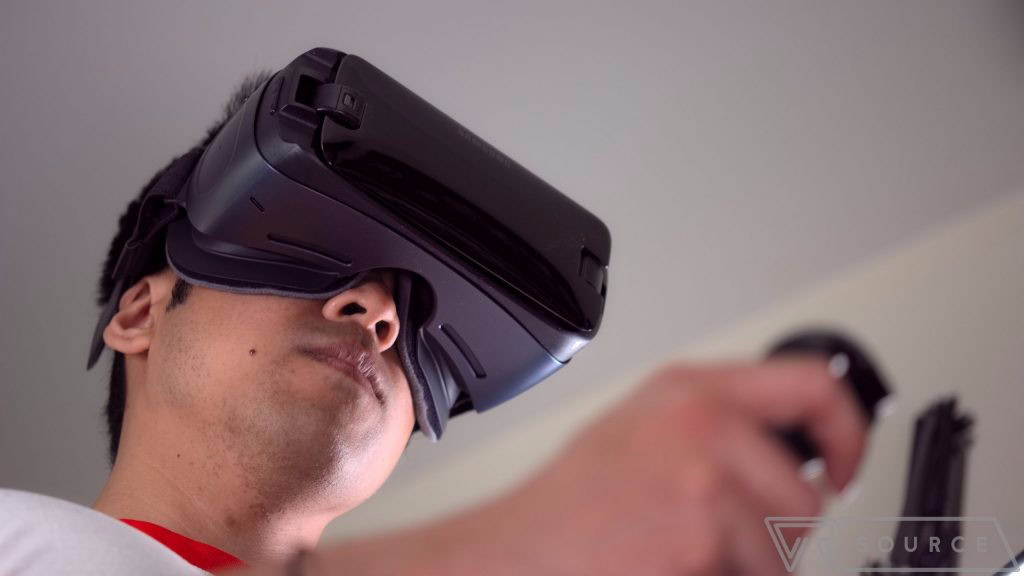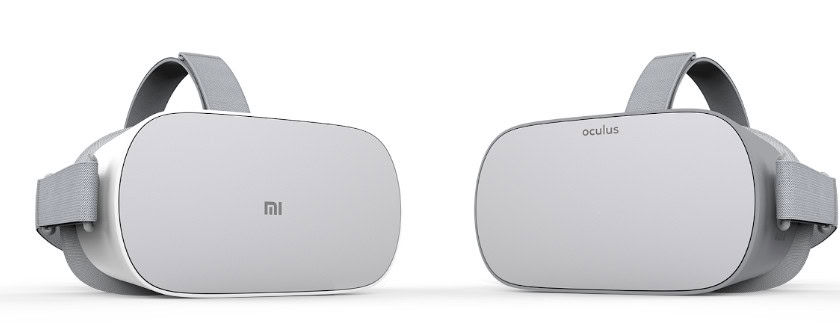Affiliate links on Android Authority may earn us a commission. Learn more.
You can stream the Winter Olympics in VR on almost any device

- NBC will provide 50 hours of VR coverage through its app
- Events include alpine skiing, figure skating, ice hockey, and curling
- The VR content will be available on a wide range of devices and platforms
Bummed that you won’t be in Pyeong Chang for the 2018 Winter Olympics? Thanks to NBC, you can simply stream the events on your VR device.

The American broadcasting company says that it will be streaming 50 hours of VR coverage from a variety of games straight from Pyeong Chang, South Korea next month. According to Variety, NBC has partnered with Intel to set up multiple camera pods to create interactive 360-degree VR environments. The VR content will include the opening and closing ceremonies, behind-the-scene interviews, and all-time favorite events like ski jumping, snowboarding, figure skating, ice hockey, and curling.
NBC has partnered with Intel to set up multiple camera pods to create interactive 360-degree VR environments.
The best part about NBC’s VR streams is that unlike the Summer Olympics where the VR content was available exclusively on Samsung headsets, this time around, it will be made available on a wide range of devices and platforms. Though it’s unclear precisely which devices will be supported, Variety reports that the VR content will be available for “authenticated users on Samsung, Google, Windows, and Android and iOS devices through the NBC Sports VR app.”
VR streaming in sports isn’t a novel idea, but this would be the first time for the Olympics to be streamed in VR to almost all VR headsets. While the technology isn’t mature enough to provide that air of reality, it would be interesting to see how it’s received this time around and where the technology will stand in two years in time for the 2020 Summer Olympics in Tokyo.